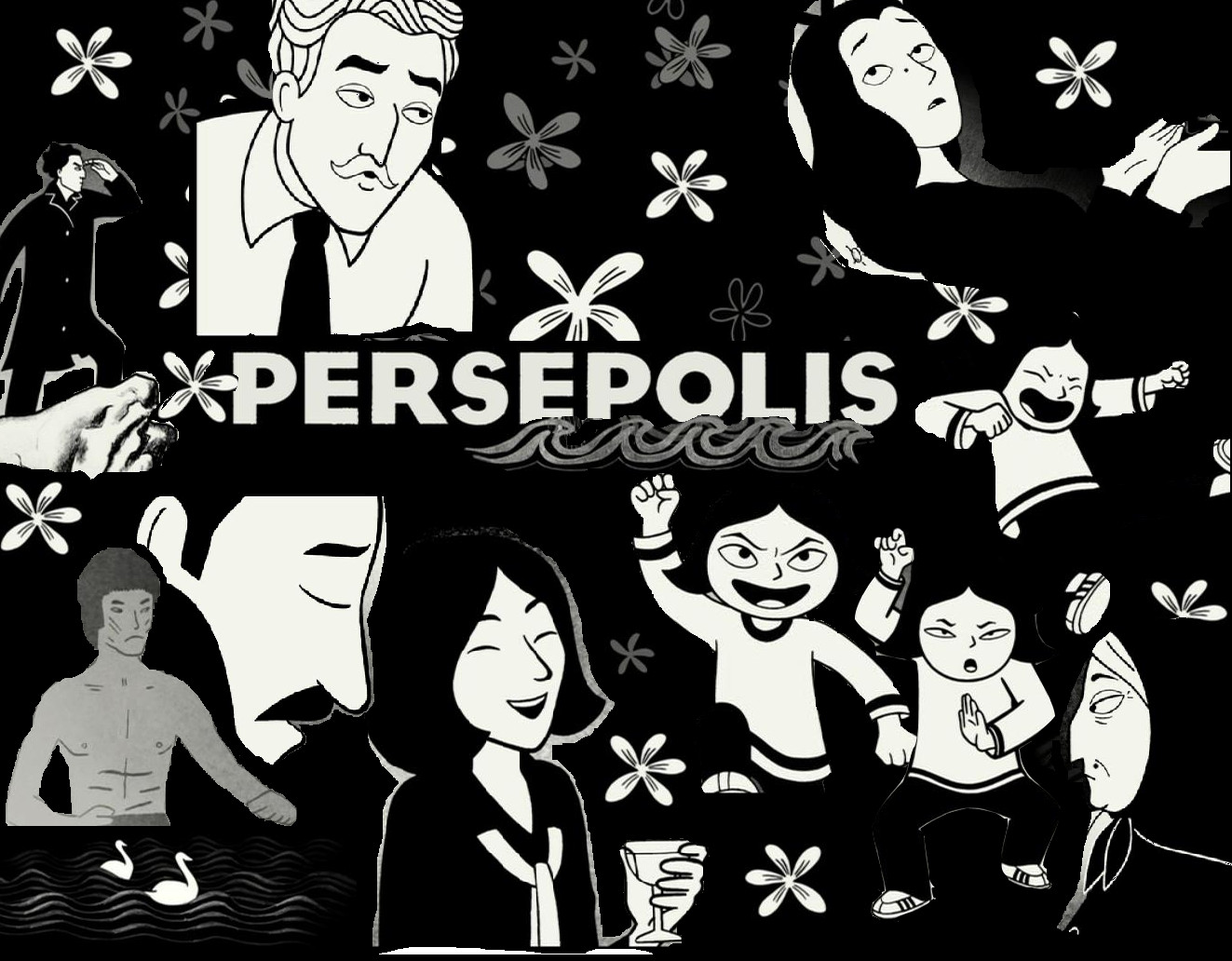Persepolis
by Marjane Satrapi (presented at Sunday reading night)
Persepolis was recommended to me several years ago by Mommy’s cousin Suzanne, who is an old friend and classmate of mine and at the time was a professor of English at the high school level and is now a college level professor, teaching teachers to teach English. I had good reason to respect her recommendations, but never got around to buying the books she recommended until this year. Persepolis is a graphic novel, which means a novel written in the form of comic strips that are joined together to create a longer story.
Persepolis was recommended to me several years ago by Mommy’s cousin Suzanne, who is an old friend and classmate of mine and at the time was a professor of English at the high school level and is now a college level professor, teaching teachers to teach English. I had good reason to respect her recommendations, but never got around to buying the books she recommended until this year. Persepolis is a graphic novel, which means a novel written in the form of comic strips that are joined together to create a longer story.

Ms. Satrapi created this graphic novel to tell the story of
her childhood. She grew up in Iran
during the period of extreme unrest and political transition that happened
during the late seventies through the early eighties. As is typical of political unrest and
transition, things were not stable in her social and educational environment,
and it was not a straightforward question of a new political party winning
power, but rather a swirling, unpredictable, chaotic interplay of many
different political and religious factions and ideologies all competing for
followers, power, and control of the public discourse. Sometimes people would ally themselves with a
faction that seemed to promise some desired result, assuming that once the
particular goal was achieved the disagreements that might emerge could be
worked out.

This proved untrue, and the results were often
dangerous. Marjane’s family was
politically involved and active even before the period of change began, and
watching them navigate the complicated social and political environment
constituted the most important part of her education.
Also interesting and striking was to see how Marjane coped
with the challenges herself. While many
of her peers capitulated to the emerging social pressure and chose to adopt
strict religious practices which never had been part of their lives before,
Marjane eventually decided her strategy was going to be to stand up for herself
and—paraphrasing her—to shout louder than her oppressor. This got her into trouble many times, of
course, and some of the things she chose to stand up for seem to me to be not
especially worth it. For example, she
loved American popular culture and persisted in trying to acquire, listen to
and wear the trappings thereof. It’s
strange to think she was risking her freedom or even her life to wear a Michael
Jackson pin on her denim jacket in public.
But the point was not the specific things she chose to do to express
herself…she was standing up for the right of a young girl to make those choices. And that I admire deeply.

Eventually her parents could see that such a firebrand of a
daughter was not going to last very long as a free or even alive young woman in
the place that Iran had somehow become.
They arranged for her to live “temporarily” with a relative in Austria.

Reading this book did not take very long. I knocked it out in an evening. Which was good, because it filled the
function Mommy thought it would be good for…satisfying my March book
requirement so I could keep going on my next one which will certainly take
longer than the end of March to complete.
But the length of the book does not indicate its impact. It was deeply stirring to read…a person’s
heart goes out to little Marjane trying to make her way in such a troubled
society. It makes one deeply thankful
for our relatively peaceful context and causes one to think about what might be
done to safeguard the level of peace and autonomy that is so easy to take for
granted in our lives.
No comments:
Post a Comment